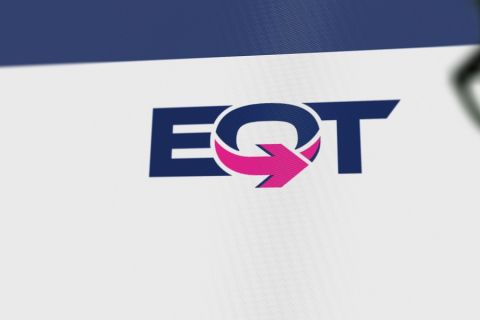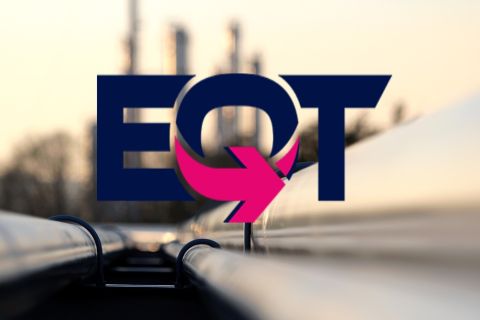OPEC+ is considering going beyond its existing deal to boost production by 400,000 bbl/d when it meets next week, sources said, against a backdrop of oil near a three-year high and pressure from consumers for more supply.
OPEC and allies led by Russia, known as OPEC+, agreed in July to boost output by 400,000 bbl/d a month to phase out 5.8 million bbl/d in cuts. It meets on Oct. 4 to review its output policy.
Four OPEC+ sources said adding more oil was being looked at as a scenario, but none gave details on volumes or which month. Another OPEC+ source suggested an increase of 800,000 bbl/d for one month was a possible scenario, with zero the next month.
The nearest month any increase could occur is November since OPEC+’s last meeting decided the October volumes.
“We cannot exclude any option,” one of the OPEC+ sources said. The idea that the oil market might need more oil than what’s planned for in the existing deal was “one of the possible scenarios,” said another of the sources.
Sources told Reuters on Sept. 29 the most likely outcome was the group would stick to the existing plan.
It was not immediately clear what prompted the change of tone, but it follows a meeting of the OPEC+ Joint Technical Committee (JTC) which reviewed the market outlook and reduced the size of an expected supply surplus in 2022.
Talks among the members are continuing ahead of the virtual OPEC+ meeting on Oct. 4, and there is no guarantee an additional increase will be agreed.
Brent oil rose to a three-year high above $80/bbl on Sept. 28, boosted by unplanned outages in the U.S. and a strong demand recovery after the pandemic hammering. Prices were trading just below $79 on Sept. 30.
Rising oil, gas, coal and power prices are feeding inflationary pressures worldwide and slowing the recovery.
“Obviously, the price of oil is of concern,” White House press secretary Jen Psaki said on Sept. 30. She said high oil prices were on national security adviser Jake Sullivan’s agenda when he met this week with Saudi Crown Prince Mohammed bin Salman.
Previously, the U.S. government said it was in communication with OPEC and looking at how to address the cost of oil.
India, the world’s third-biggest oil importer and consumer, signaled on Sept. 28 that a spike in crude prices would speed up the transition to alternative energy sources.
Energy ministers from OPEC members Iraq, Nigeria and the United Arab Emirates said in recent weeks the group saw no need to take extraordinary measures to change the existing agreement.
Recommended Reading
EQT Strengthens Appalachian Position in Swap with Equinor
2024-04-16 - EQT, the largest natural gas producer in the U.S., is taking greater control of the production chain with its latest move.
EQT Sees Clear Path to $5B in Potential Divestments
2024-04-24 - EQT Corp. executives said that an April deal with Equinor has been a catalyst for talks with potential buyers as the company looks to shed debt for its Equitrans Midstream acquisition.
EQT, Equitrans Midstream to Combine in $5.5B Deal: Reports
2024-03-11 - EQT Corp.'s deal would reunite the natural gas E&P with Equitrans Midstream after the two companies separated in 2018.
EQT, Equitrans to Merge in $5.45B Deal, Continuing Industry Consolidation
2024-03-11 - The deal reunites Equitrans Midstream Corp. with EQT in an all-stock deal that pays a roughly 12% premium for the infrastructure company.
EQT Ups Stake in Appalachia Gas Gathering Assets for $205MM
2024-02-14 - EQT Corp. inked upstream and midstream M&A in the fourth quarter—and the Appalachia gas giant is looking to ink more deals this year.




